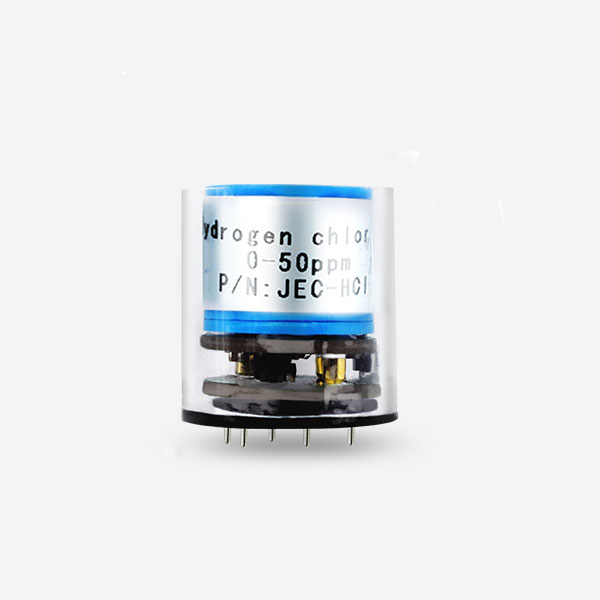In industrial settings, gas sensors are an essential component of safety and automation systems. These sensors are used to detect the presence of gases in the environment and send alerts when the concentration exceeds a certain level. With the advent of smart gas sensors, these systems have become even more sophisticated, allowing for greater automation and control in industrial settings.
Smart gas sensors are sensors that are equipped with wireless communication capabilities and advanced data processing algorithms. These sensors can communicate with other devices in a network, such as programmable logic controllers (PLCs) and supervisory control and data acquisition (SCADA) systems. This allows for real-time monitoring and control of gas concentrations in industrial settings.
One of the key benefits of smart gas sensors is their ability to improve safety in industrial settings. By providing real-time monitoring and alerts, these sensors can help prevent accidents and protect workers from exposure to harmful gases. In addition, smart gas sensors can be integrated with other safety systems, such as emergency shutdown systems, to provide a comprehensive safety solution.
Smart gas sensors can also improve efficiency and productivity in industrial settings. By providing real-time data on gas concentrations, these sensors can help optimize processes and reduce waste. For example, in the chemical industry, smart gas sensors can be used to monitor the concentration of gases in reaction vessels and adjust the flow of reactants accordingly, improving the efficiency of the process.
Another benefit of smart gas sensors is their ability to reduce maintenance costs. Traditional gas sensors require regular calibration and maintenance to ensure accuracy. Smart gas sensors, on the other hand, can perform self-calibration and diagnostics, reducing the need for manual maintenance. In addition, these sensors can provide data on their own performance, allowing for predictive maintenance and reducing downtime.
As the Internet of Things (IoT) continues to grow, smart gas sensors are becoming increasingly important in industrial automation. By providing real-time data and communication capabilities, these sensors are helping to create more efficient, safer, and productive industrial environments. As this technology continues to develop, it has the potential to revolutionize the way we monitor and control gases in industrial settings.
 : +86 155 8830 2704
: +86 155 8830 2704 : jxdziot@gmail.com
: jxdziot@gmail.com
